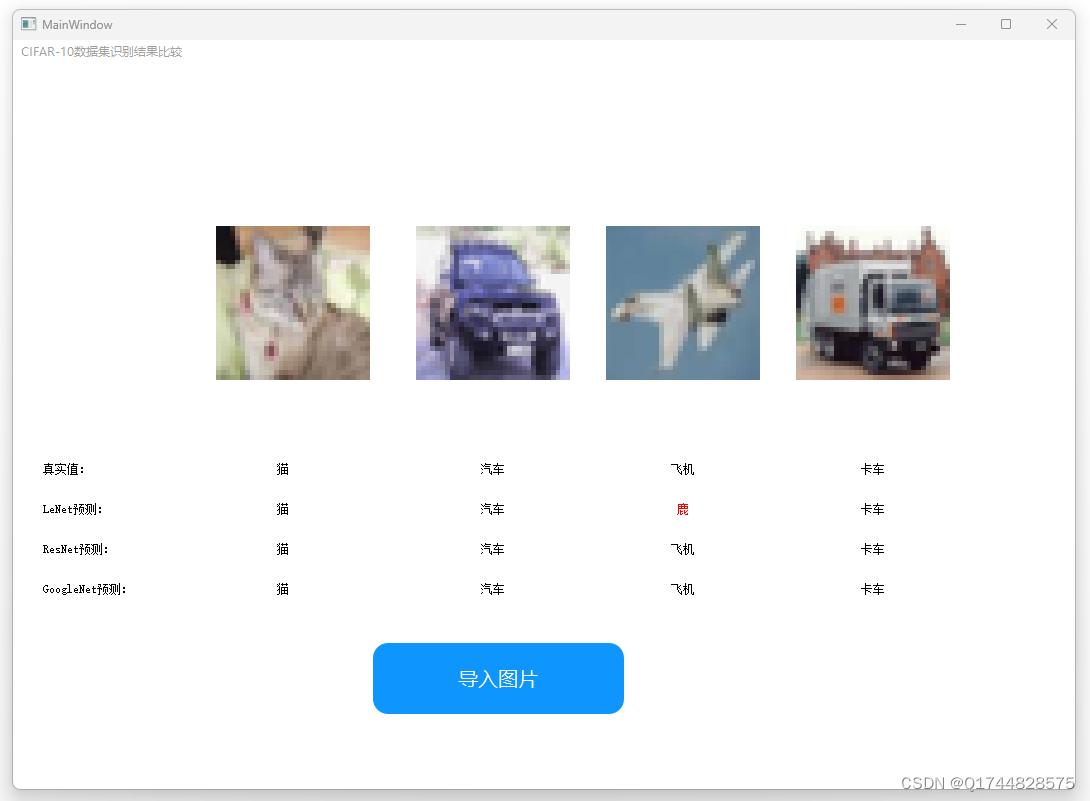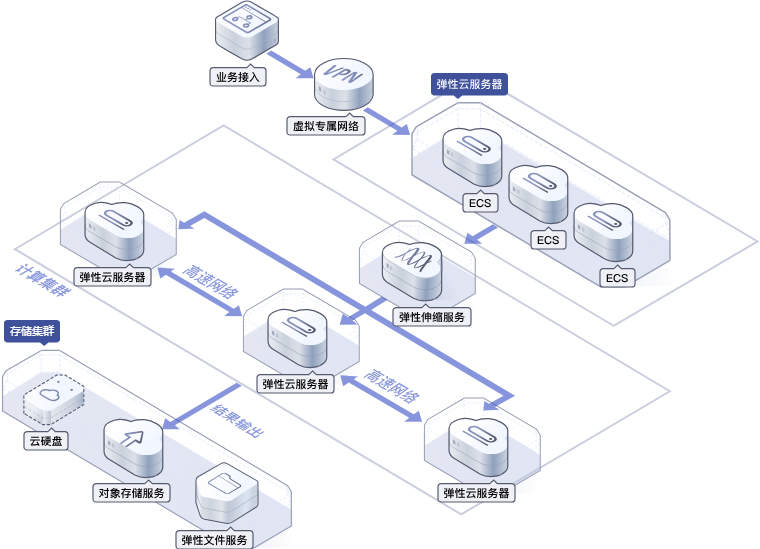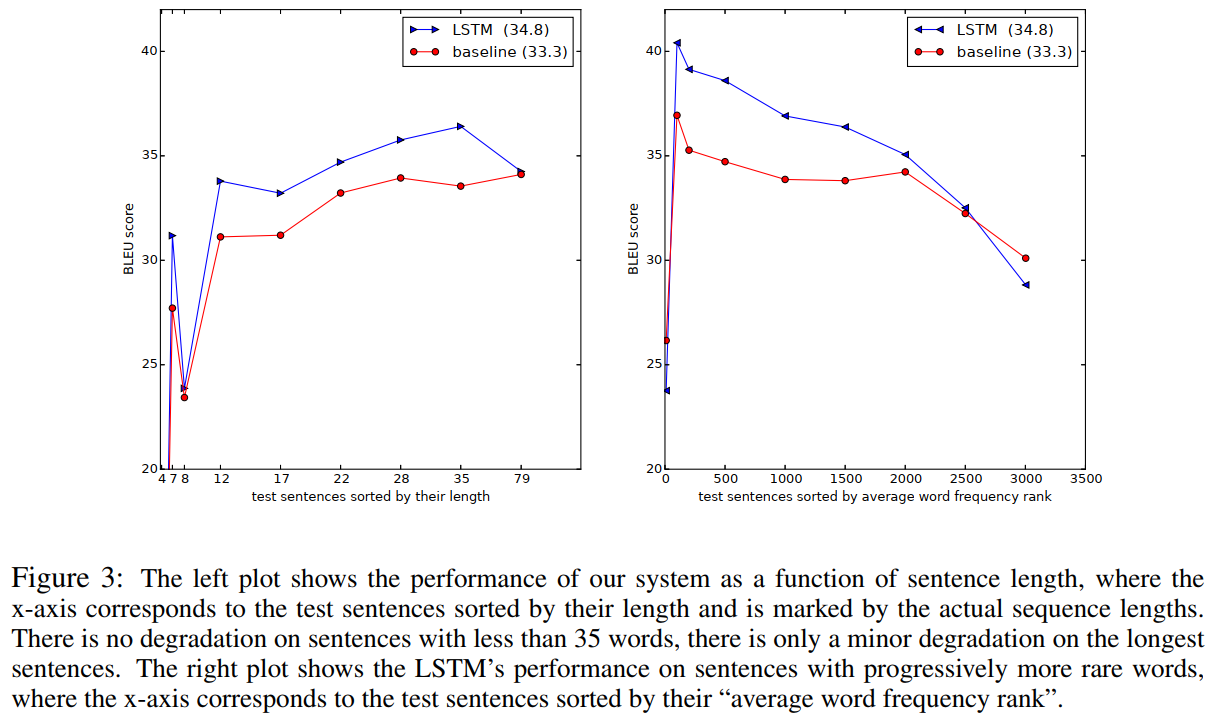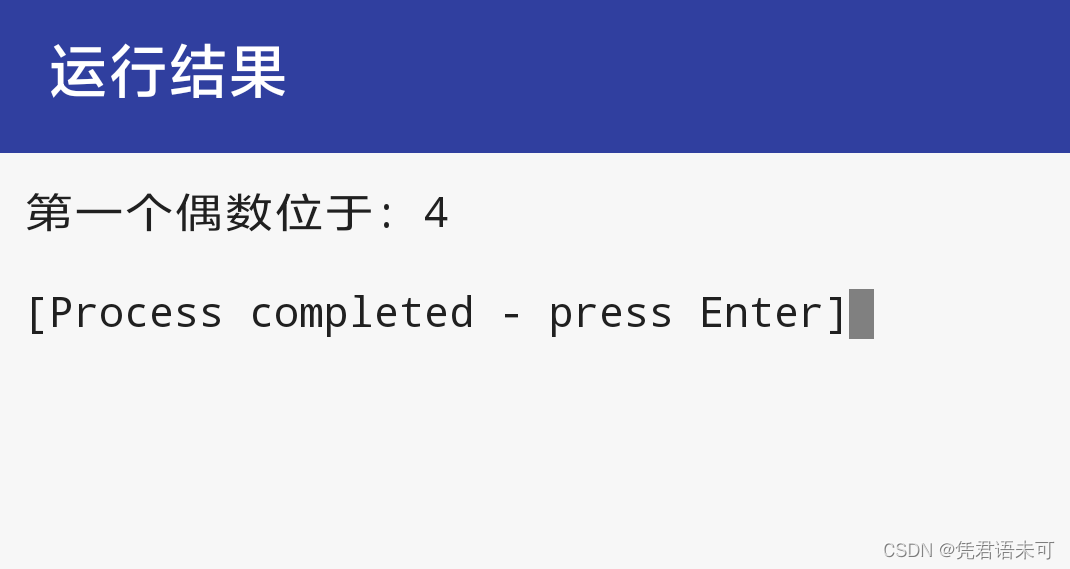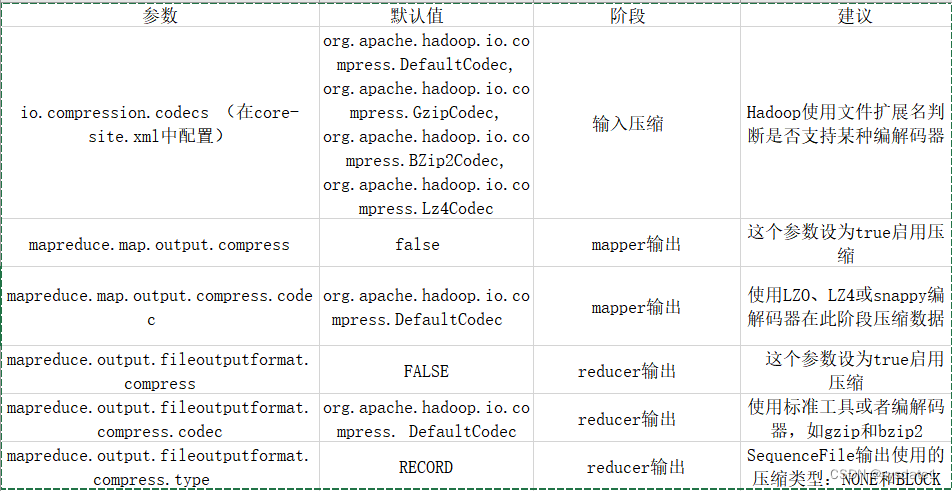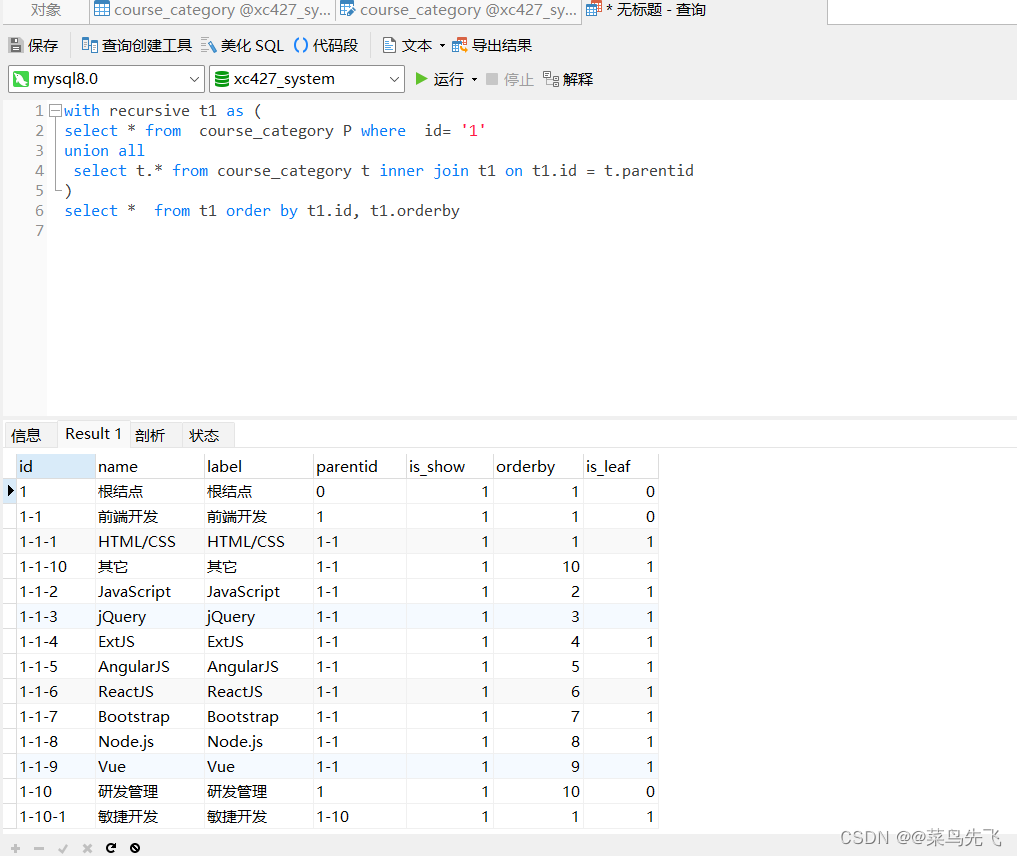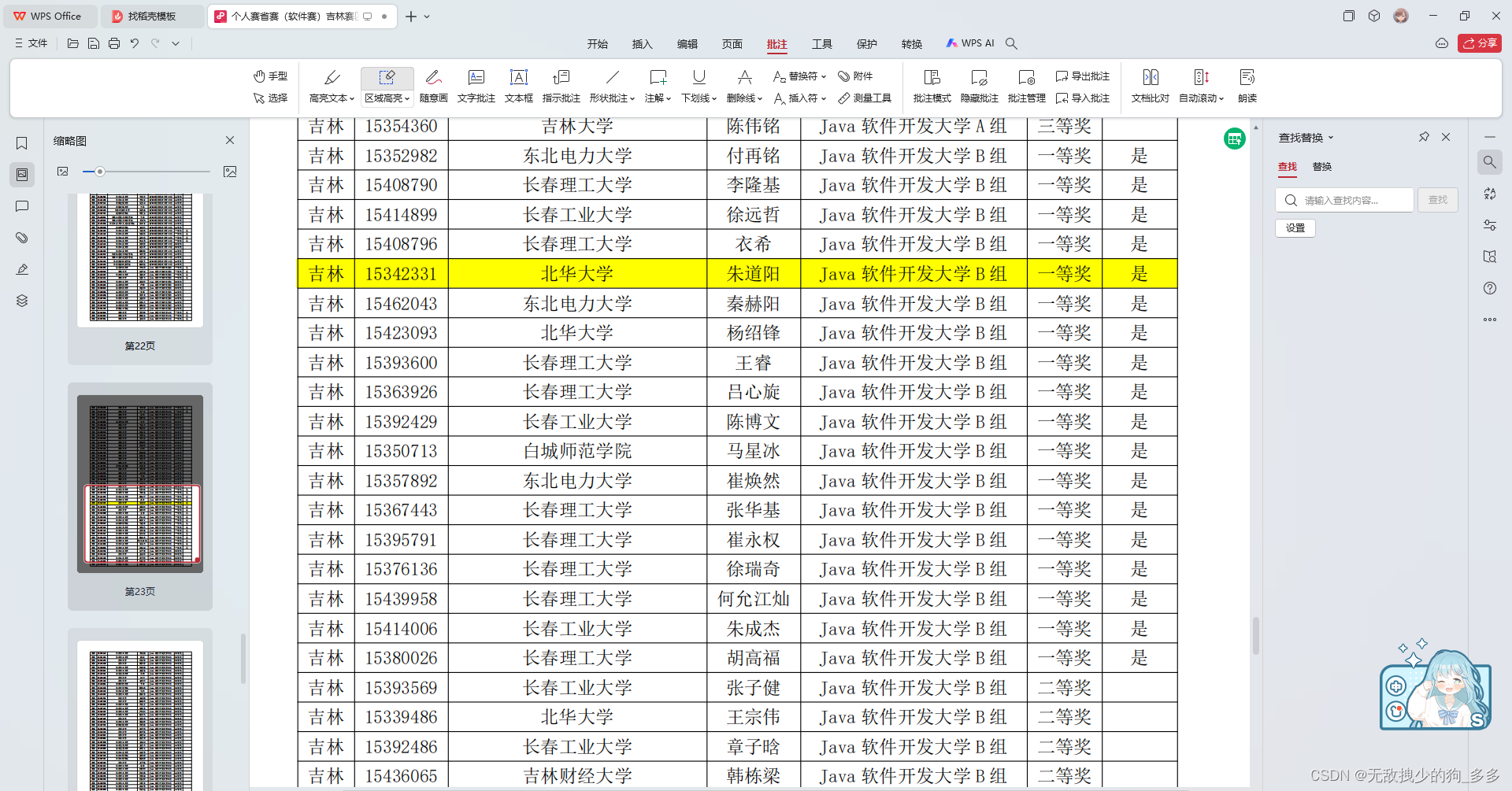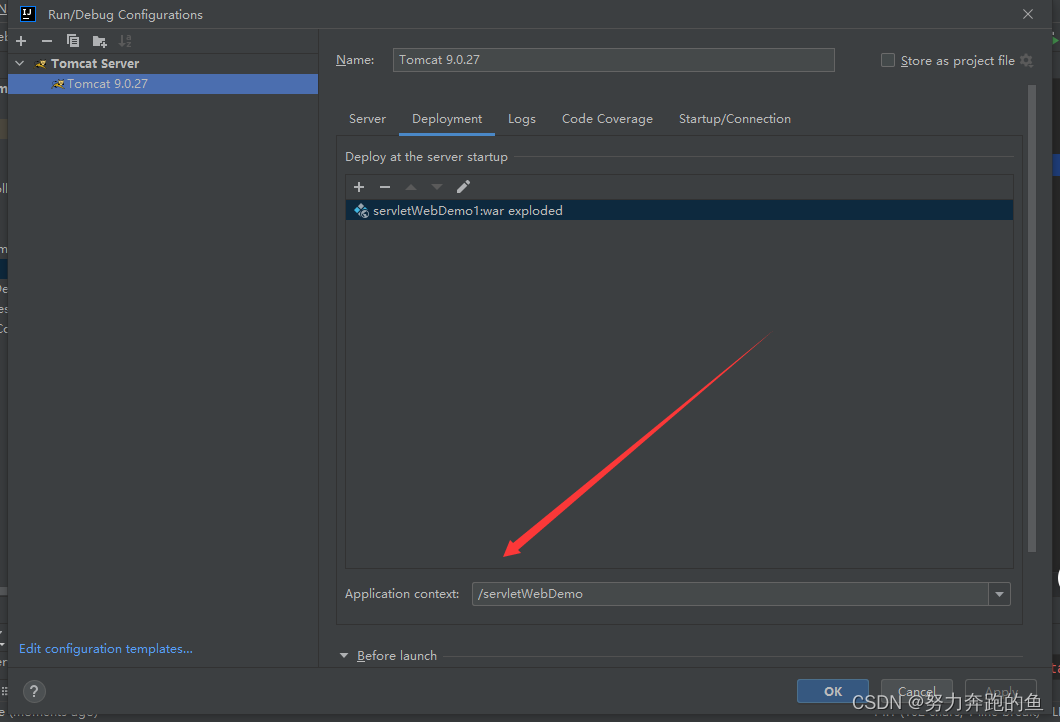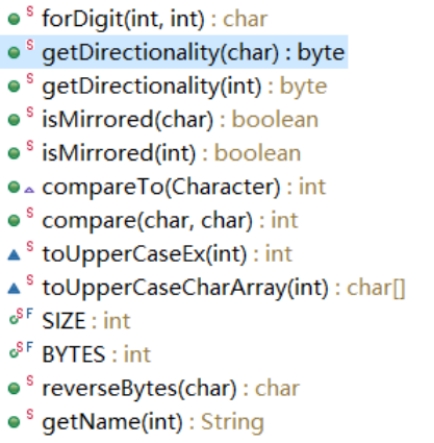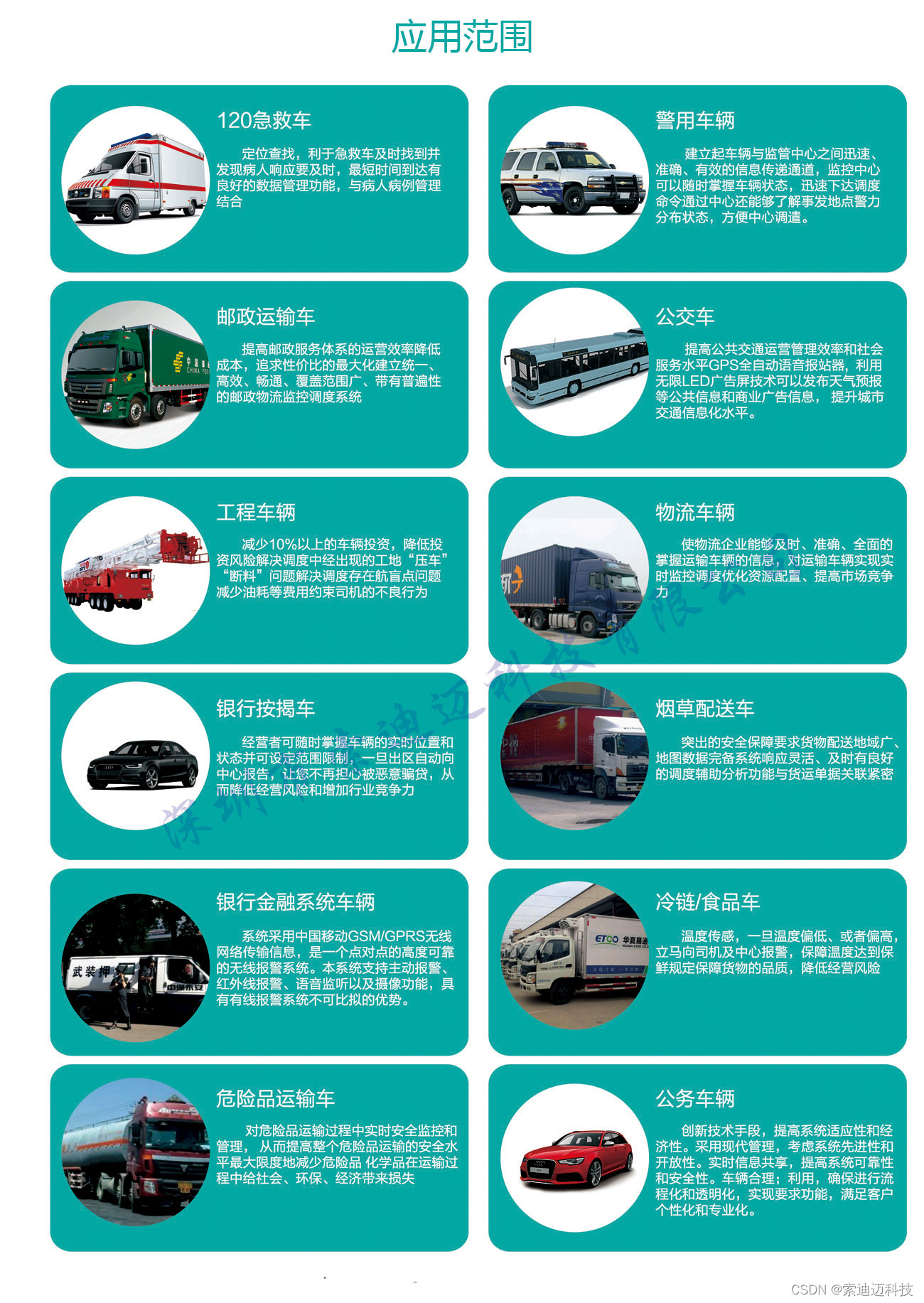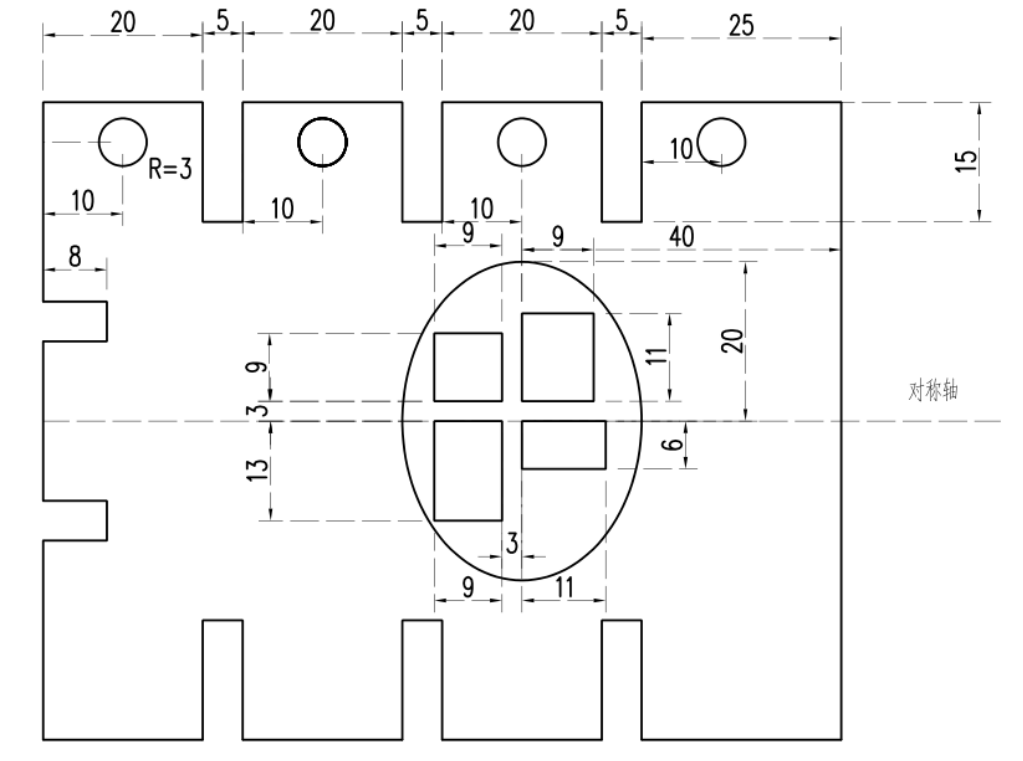Android system — 链接器命名空间共享库配置方法
- 1. 应用进程
- 1.1 应用进程类加载器的命名空间初始化
- 1.1.1 OpenNativeLibrary
- 1.1.2 LibraryNamespaces::Create
- 1.2 配置共享库位置
- 2. native进程
- 2.1 native 命名空间配置初始化
- 2.1.1 android_namespace_t::is_accessible
- 2.1.2 init_default_namespaces
- 2.2 配置共享库位置
1. 应用进程
1.1 应用进程类加载器的命名空间初始化
在应用程序对应的可执行文件app_process根据/linkerconfig/ld.config.txt配置文件初始化命名空间之后,每当应用程序创建一个类加载器classloader并调用System.loadLibrary加载so库时都会创建一个与此类加载器对应的命名空间。从源码角度分析一下这个过程,System.loadLibrary函数最后会调用OpenNativeLibrary函数。
1.1.1 OpenNativeLibrary
System.loadLibrary()-->nativeLoad()-->Runtime.c::Runtime_nativeLoad()-->JVM_NativeLoad()-->Openjdkjvm.cc::JVM_NativeLoad()-->java_vm_ext.cc::LoadNativeLibrary()-->native_loader.cpp::OpenNativeLibrary() 也就是java层的System.loadLibrary()最终会调用libnativeloader.so的OpenNativeLibrary函数。
- OpenNativeLibrary先判断classloader类加载器是否为空,如果为空直接调用android_dlopen_ext加载库文件
- 如果判断classloader类加载器不为空,并且classloader类加载器没有对应的命名空间(第一次调用System.loadLibrary)就调用LibraryNamespaces::Create创建新的命名空间。
void* OpenNativeLibrary(JNIEnv* env, int32_t target_sdk_version, const char* path,
jobject class_loader, const char* caller_location, jstring library_path,
bool* needs_native_bridge, char** error_msg) {
#if defined(ART_TARGET_ANDROID)
UNUSED(target_sdk_version);
if (class_loader == nullptr) { //如果类加载器为空直接调用android_dlopen_ext加载库文件
*needs_native_bridge = false;
if (caller_location != nullptr) {
android_namespace_t* boot_namespace = FindExportedNamespace(caller_location);
if (boot_namespace != nullptr) {
const android_dlextinfo dlextinfo = {
.flags = ANDROID_DLEXT_USE_NAMESPACE,
.library_namespace = boot_namespace,
};
void* handle = android_dlopen_ext(path, RTLD_NOW, &dlextinfo);
if (handle == nullptr) {
*error_msg = strdup(dlerror());
}
return handle;
}
}
// Check if the library is in NATIVELOADER_DEFAULT_NAMESPACE_LIBS and should
// be loaded from the kNativeloaderExtraLibs namespace.
{
Result<void*> handle = TryLoadNativeloaderExtraLib(path);
if (!handle.ok()) {
*error_msg = strdup(handle.error().message().c_str());
return nullptr;
}
if (handle.value() != nullptr) {
return handle.value();
}
}
// Fall back to the system namespace. This happens for preloaded JNI
// libraries in the zygote.
// TODO(b/185833744): Investigate if this should fall back to the app main
// namespace (aka anonymous namespace) instead.
void* handle = OpenSystemLibrary(path, RTLD_NOW);
if (handle == nullptr) {
*error_msg = strdup(dlerror());
}
return handle;
}
std::lock_guard<std::mutex> guard(g_namespaces_mutex);
NativeLoaderNamespace* ns;
if ((ns = g_namespaces->FindNamespaceByClassLoader(env, class_loader)) == nullptr) { //如果类加载器不为空,且类加载器没有对应的命名空间就新创建一个
// This is the case where the classloader was not created by ApplicationLoaders
// In this case we create an isolated not-shared namespace for it.
Result<NativeLoaderNamespace*> isolated_ns =
CreateClassLoaderNamespaceLocked(env,
target_sdk_version,
class_loader,
/*is_shared=*/false,
/*dex_path=*/nullptr,
library_path,
/*permitted_path=*/nullptr,
/*uses_library_list=*/nullptr);
if (!isolated_ns.ok()) {
*error_msg = strdup(isolated_ns.error().message().c_str());
return nullptr;
} else {
ns = *isolated_ns;
}
}
return OpenNativeLibraryInNamespace(ns, path, needs_native_bridge, error_msg);
在CreateClassLoaderNamespaceLocked中我们可以看到调用了LibraryNamespaces::Create创建新的命名空间
Result<NativeLoaderNamespace*> CreateClassLoaderNamespaceLocked(JNIEnv* env,
int32_t target_sdk_version,
jobject class_loader,
bool is_shared,
jstring dex_path,
jstring library_path,
jstring permitted_path,
jstring uses_library_list)
REQUIRES(g_namespaces_mutex) {
Result<NativeLoaderNamespace*> ns = g_namespaces->Create(env,
target_sdk_version,
class_loader,
is_shared,
dex_path,
library_path,
permitted_path,
uses_library_list);
if (!ns.ok()) {
return ns;
}
Result<void> linked = CreateNativeloaderDefaultNamespaceLibsLink(*ns.value());
if (!linked.ok()) {
return linked.error();
}
return ns;
}
1.1.2 LibraryNamespaces::Create
- 先调用android_create_namespace创建一个clns命名空间
- 调用android_linker_namespace设置新创建的命名空间链接到system、APEX和vendor等命名空间
- 设置链接到system、APEX等命名空间的共享库
Result<NativeLoaderNamespace*> LibraryNamespaces::Create(JNIEnv* env, uint32_t target_sdk_version,
jobject class_loader, bool is_shared,
jstring dex_path_j,
jstring java_library_path,
jstring java_permitted_path,
jstring uses_library_list) {
std::string library_path; // empty string by default.
std::string dex_path;
......
// Create the app namespace
NativeLoaderNamespace* parent_ns = FindParentNamespaceByClassLoader(env, class_loader);
// Heuristic: the first classloader with non-empty library_path is assumed to
// be the main classloader for app
// TODO(b/139178525) remove this heuristic by determining this in LoadedApk (or its
// friends) and then passing it down to here.
bool is_main_classloader = app_main_namespace_ == nullptr && !library_path.empty();
// Policy: the namespace for the main classloader is also used as the
// anonymous namespace.
bool also_used_as_anonymous = is_main_classloader;
// Note: this function is executed with g_namespaces_mutex held, thus no
// racing here.
//创建命名空间,namespace_name为kClassloaderNamespaceName = "clns"
auto app_ns = NativeLoaderNamespace::Create(
namespace_name, library_path, permitted_path, parent_ns, is_shared,
target_sdk_version < 24 /* is_exempt_list_enabled */, also_used_as_anonymous);
if (!app_ns.ok()) {
return app_ns.error();
}
// ... and link to other namespaces to allow access to some public libraries
bool is_bridged = app_ns->IsBridged();
auto system_ns = NativeLoaderNamespace::GetSystemNamespace(is_bridged);
if (!system_ns.ok()) {
return system_ns.error();
}
// 新创建的命名空间链接到system,共享库设置为system_exposed_libraries
auto linked = app_ns->Link(&system_ns.value(), system_exposed_libraries);
if (!linked.ok()) {
return linked.error();
}
for (const auto&[apex_ns_name, public_libs] : apex_public_libraries()) {
auto ns = NativeLoaderNamespace::GetExportedNamespace(apex_ns_name, is_bridged);
// Even if APEX namespace is visible, it may not be available to bridged.
if (ns.ok()) {
// 新创建的命名空间链接到APEX,共享库设置为public_libs
linked = app_ns->Link(&ns.value(), public_libs);
if (!linked.ok()) {
return linked.error();
}
}
}
// Give access to VNDK-SP libraries from the 'vndk' namespace for unbundled vendor apps.
if (unbundled_app_origin == APK_ORIGIN_VENDOR && !vndksp_libraries_vendor().empty()) {
auto vndk_ns = NativeLoaderNamespace::GetExportedNamespace(kVndkNamespaceName, is_bridged);
if (vndk_ns.ok()) {
// 新创建的命名空间链接到vndk,共享库设置为vndksp_libraries_vendor()
linked = app_ns->Link(&vndk_ns.value(), vndksp_libraries_vendor());
if (!linked.ok()) {
return linked.error();
}
}
}
// Give access to VNDK-SP libraries from the 'vndk_product' namespace for unbundled product apps.
if (unbundled_app_origin == APK_ORIGIN_PRODUCT && !vndksp_libraries_product().empty()) {
auto vndk_ns = NativeLoaderNamespace::GetExportedNamespace(kVndkProductNamespaceName, is_bridged);
if (vndk_ns.ok()) {
linked = app_ns->Link(&vndk_ns.value(), vndksp_libraries_product());
if (!linked.ok()) {
return linked.error();
}
}
}
for (const std::string& each_jar_path : android::base::Split(dex_path, ":")) {
auto apex_ns_name = FindApexNamespaceName(each_jar_path);
if (apex_ns_name.ok()) {
const auto& jni_libs = apex_jni_libraries(*apex_ns_name);
if (jni_libs != "") {
auto apex_ns = NativeLoaderNamespace::GetExportedNamespace(*apex_ns_name, is_bridged);
if (apex_ns.ok()) {
linked = app_ns->Link(&apex_ns.value(), jni_libs);
if (!linked.ok()) {
return linked.error();
}
}
}
}
}
auto vendor_libs = filter_public_libraries(target_sdk_version, uses_libraries,
vendor_public_libraries());
if (!vendor_libs.empty()) {
auto vendor_ns = NativeLoaderNamespace::GetExportedNamespace(kVendorNamespaceName, is_bridged);
// when vendor_ns is not configured, link to the system namespace
auto target_ns = vendor_ns.ok() ? vendor_ns : system_ns;
if (target_ns.ok()) {
linked = app_ns->Link(&target_ns.value(), vendor_libs);
if (!linked.ok()) {
return linked.error();
}
}
}
auto product_libs = filter_public_libraries(target_sdk_version, uses_libraries,
product_public_libraries());
if (!product_libs.empty()) {
auto target_ns = system_ns;
if (is_product_vndk_version_defined()) {
// If ro.product.vndk.version is defined, product namespace provides the product libraries.
target_ns = NativeLoaderNamespace::GetExportedNamespace(kProductNamespaceName, is_bridged);
}
if (target_ns.ok()) {
linked = app_ns->Link(&target_ns.value(), product_libs);
if (!linked.ok()) {
return linked.error();
}
} else {
// The linkerconfig must have a problem on defining the product namespace in the system
// section. Skip linking product namespace. This will not affect most of the apps. Only the
// apps that requires the product public libraries will fail.
ALOGW("Namespace for product libs not found: %s", target_ns.error().message().c_str());
}
}
auto& emplaced = namespaces_.emplace_back(
std::make_pair(env->NewWeakGlobalRef(class_loader), *app_ns));
if (is_main_classloader) {
app_main_namespace_ = &emplaced.second;
}
return &emplaced.second;
}
1.2 配置共享库位置
通过上面的代码跟踪我们会发现,其实在Android 11后,应用进程共享库的配置位置都在public_libraries.cpp中
// art/libnativeloader/public_libraries.cpp
namespace {
constexpr const char* kDefaultPublicLibrariesFile = "/etc/public.libraries.txt";
constexpr const char* kExtendedPublicLibrariesFilePrefix = "public.libraries-";
constexpr const char* kExtendedPublicLibrariesFileSuffix = ".txt";
constexpr const char* kApexLibrariesConfigFile = "/linkerconfig/apex.libraries.config.txt";
constexpr const char* kVendorPublicLibrariesFile = "/vendor/etc/public.libraries.txt";
constexpr const char* kLlndkLibrariesFile = "/apex/com.android.vndk.v{}/etc/llndk.libraries.{}.txt";
constexpr const char* kVndkLibrariesFile = "/apex/com.android.vndk.v{}/etc/vndksp.libraries.{}.txt";
只要在命名空间对应的配置文件中加上自己需要的共享库即可
2. native进程
2.1 native 命名空间配置初始化
native进程的so库是直接通过dlopen打开的,而其对应的命名空间也是直接通过linker进行判断的,并没有调用到libnativeloader.so,因此native进程的配置方式也与应用进程不同
2.1.1 android_namespace_t::is_accessible
前一篇Android system — 链接器命名空间(linker namespace)源码分析 介绍了dlopen时会通过is_accessible进行权限判断
// bionic/linker/linker_namespaces.cpp
// Given an absolute path, can this library be loaded into this namespace?
bool android_namespace_t::is_accessible(const std::string& file) {
//判断命名空间的is_isolated_,即是否为严格隔离,如果不是则权限检查通过。
if (!is_isolated_) {
return true;
}
//判断是否在允许名单中
if (!allowed_libs_.empty()) {
const char *lib_name = basename(file.c_str());
if (std::find(allowed_libs_.begin(), allowed_libs_.end(), lib_name) == allowed_libs_.end()) {
return false;
}
}
//判断是否在ld_library_paths中(LD_LIBRARY_PATH设置)
for (const auto& dir : ld_library_paths_) {
if (file_is_in_dir(file, dir)) {
return true;
}
}
//判断是否在default_library_paths中
for (const auto& dir : default_library_paths_) {
if (file_is_in_dir(file, dir)) {
return true;
}
}
//判断是否在特权路径permitted_paths中
for (const auto& dir : permitted_paths_) {
if (file_is_under_dir(file, dir)) {
return true;
}
}
return false;
}
我们可以看到这里有个allowed_libs_,我们跟踪代码可以发现linker_namespaces.h中有set_allowed_libs接口
// bionic/linker/linker_namespaces.h
const std::vector<std::string>& get_allowed_libs() const { return allowed_libs_; }
void set_allowed_libs(std::vector<std::string>&& allowed_libs) {
allowed_libs_ = std::move(allowed_libs);
}
void set_allowed_libs(const std::vector<std::string>& allowed_libs) {
allowed_libs_ = allowed_libs;
}
2.1.2 init_default_namespaces
通过这个思路我们发现调用其实在init_default_namespaces
- 初始化default命名空间
- 初始化vndk等其他命名空间
- 在命名空间之间建立链接
std::vector<android_namespace_t*> init_default_namespaces(const char* executable_path) {
g_default_namespace.set_name("(default)");
soinfo* somain = solist_get_somain();
const char *interp = phdr_table_get_interpreter_name(somain->phdr, somain->phnum,
somain->load_bias);
const char* bname = (interp != nullptr) ? basename(interp) : nullptr;
g_is_asan = bname != nullptr &&
(strcmp(bname, "linker_asan") == 0 ||
strcmp(bname, "linker_asan64") == 0);
const Config* config = nullptr;
{
std::string ld_config_file_path = get_ld_config_file_path(executable_path);
INFO("[ Reading linker config \"%s\" ]", ld_config_file_path.c_str());
ScopedTrace trace(("linker config " + ld_config_file_path).c_str());
std::string error_msg;
if (!Config::read_binary_config(ld_config_file_path.c_str(), executable_path, g_is_asan,
&config, &error_msg)) {
if (!error_msg.empty()) {
DL_WARN("Warning: couldn't read '%s' for '%s' (using default configuration instead): %s",
ld_config_file_path.c_str(), executable_path, error_msg.c_str());
}
config = nullptr;
}
}
if (config == nullptr) {
return init_default_namespace_no_config(g_is_asan);
}
const auto& namespace_configs = config->namespace_configs();
std::unordered_map<std::string, android_namespace_t*> namespaces;
// 1. Initialize default namespace
const NamespaceConfig* default_ns_config = config->default_namespace_config();
g_default_namespace.set_isolated(default_ns_config->isolated());
g_default_namespace.set_default_library_paths(default_ns_config->search_paths());
g_default_namespace.set_permitted_paths(default_ns_config->permitted_paths());
namespaces[default_ns_config->name()] = &g_default_namespace;
if (default_ns_config->visible()) {
g_exported_namespaces[default_ns_config->name()] = &g_default_namespace;
}
// 2. Initialize other namespaces
for (auto& ns_config : namespace_configs) {
if (namespaces.find(ns_config->name()) != namespaces.end()) {
continue;
}
android_namespace_t* ns = new (g_namespace_allocator.alloc()) android_namespace_t();
ns->set_name(ns_config->name());
ns->set_isolated(ns_config->isolated());
ns->set_default_library_paths(ns_config->search_paths());
ns->set_permitted_paths(ns_config->permitted_paths());
ns->set_allowed_libs(ns_config->allowed_libs());
namespaces[ns_config->name()] = ns;
if (ns_config->visible()) {
g_exported_namespaces[ns_config->name()] = ns;
}
}
// 3. Establish links between namespaces
for (auto& ns_config : namespace_configs) {
auto it_from = namespaces.find(ns_config->name());
CHECK(it_from != namespaces.end());
android_namespace_t* namespace_from = it_from->second;
for (const NamespaceLinkConfig& ns_link : ns_config->links()) {
auto it_to = namespaces.find(ns_link.ns_name());
CHECK(it_to != namespaces.end());
android_namespace_t* namespace_to = it_to->second;
if (ns_link.allow_all_shared_libs()) {
link_namespaces_all_libs(namespace_from, namespace_to);
} else {
link_namespaces(namespace_from, namespace_to, ns_link.shared_libs().c_str());
}
}
}
// we can no longer rely on the fact that libdl.so is part of default namespace
// this is why we want to add ld-android.so to all namespaces from ld.config.txt
soinfo* ld_android_so = solist_get_head();
// we also need vdso to be available for all namespaces (if present)
soinfo* vdso = solist_get_vdso();
for (auto it : namespaces) {
if (it.second != &g_default_namespace) {
it.second->add_soinfo(ld_android_so);
if (vdso != nullptr) {
it.second->add_soinfo(vdso);
}
// somain and ld_preloads are added to these namespaces after LD_PRELOAD libs are linked
}
}
set_application_target_sdk_version(config->target_sdk_version());
std::vector<android_namespace_t*> created_namespaces;
created_namespaces.reserve(namespaces.size());
for (const auto& kv : namespaces) {
created_namespaces.push_back(kv.second);
}
return created_namespaces;
}
}
这里面我们发现配置文件是通过读取配置文件进行配置的,配置文件ld_config_file_path在Android 11后便改为/linkerconfig/ld.config.txt
static const char* const kLdConfigArchFilePath = "/system/etc/ld.config." ABI_STRING ".txt";
static const char* const kLdConfigFilePath = "/system/etc/ld.config.txt";
static const char* const kLdConfigVndkLiteFilePath = "/system/etc/ld.config.vndk_lite.txt";
static const char* const kLdGeneratedConfigFilePath = "/linkerconfig/ld.config.txt";
static std::string get_ld_config_file_path(const char* executable_path) {
#ifdef USE_LD_CONFIG_FILE
// This is a debugging/testing only feature. Must not be available on
// production builds.
const char* ld_config_file_env = getenv("LD_CONFIG_FILE");
if (ld_config_file_env != nullptr && file_exists(ld_config_file_env)) {
return ld_config_file_env;
}
#endif
std::string path = get_ld_config_file_apex_path(executable_path);
if (!path.empty()) {
if (file_exists(path.c_str())) {
return path;
}
DL_WARN("Warning: couldn't read config file \"%s\" for \"%s\"",
path.c_str(), executable_path);
}
path = kLdConfigArchFilePath;
if (file_exists(path.c_str())) {
return path;
}
if (file_exists(kLdGeneratedConfigFilePath)) {
return kLdGeneratedConfigFilePath;
}
if (is_linker_config_expected(executable_path)) {
DL_WARN("Warning: failed to find generated linker configuration from \"%s\"",
kLdGeneratedConfigFilePath);
}
path = get_ld_config_file_vndk_path();
if (file_exists(path.c_str())) {
return path;
}
return kLdConfigFilePath;
}
2.2 配置共享库位置
上一章我们提到了配置文件位置为/linkerconfig/ld.config.txt,
在Android 11以前ld.config.txt是通过静态文件配置的,而Android 11是改为linkerconfig动态生成
我们以一个vendor/bin下的native 程序为例,要使用system/lib下的库
在Android system — Android链接器命名空间(Android 11后)中,我们提到了“目录-区段”映射属性dir.name,指向 [name] 区段所应用到的目录的路径,其实就是baseconfig.cc中定义的dirToSection
// system/linkerconfig/contents/configuration/baseconfig.cc
android::linkerconfig::modules::Configuration CreateBaseConfiguration(
Context& ctx) {
std::vector<Section> sections;
ctx.SetCurrentLinkerConfigType(LinkerConfigType::Default);
// Don't change the order here. The first pattern that matches with the
// absolute path of an executable is selected.
std::vector<DirToSection> dirToSection = {
{"/system/bin/", "system"},
{"/system/xbin/", "system"},
{Var("SYSTEM_EXT") + "/bin/", "system"},
// Processes from the product partition will have a separate section if
// PRODUCT_PRODUCT_VNDK_VERSION is defined. Otherwise, they are run from
// the "system" section.
{Var("PRODUCT") + "/bin/", "product"},
{"/odm/bin/", "vendor"},
{"/vendor/bin/", "vendor"},
{"/data/nativetest/odm", "vendor"},
{"/data/nativetest64/odm", "vendor"},
{"/data/benchmarktest/odm", "vendor"},
{"/data/benchmarktest64/odm", "vendor"},
{"/data/nativetest/vendor", "vendor"},
{"/data/nativetest64/vendor", "vendor"},
{"/data/benchmarktest/vendor", "vendor"},
{"/data/benchmarktest64/vendor", "vendor"},
{"/data/nativetest/unrestricted", "unrestricted"},
{"/data/nativetest64/unrestricted", "unrestricted"},
// Create isolated namespace for development purpose.
// This isolates binary from the system so binaries and libraries from
// this location can be separated from system libraries.
{"/data/local/tmp/isolated", "isolated"},
// Create directories under shell-writable /data/local/tests for
// each namespace in order to run tests.
{"/data/local/tests/product", "product"},
{"/data/local/tests/system", "system"},
{"/data/local/tests/unrestricted", "unrestricted"},
{"/data/local/tests/vendor", "vendor"},
// TODO(b/123864775): Ensure tests are run from one of the subdirectories
// above. Then clean this up.
{"/data/local/tmp", "unrestricted"},
{"/postinstall", "postinstall"},
// Fallback entry to provide APEX namespace lookups for binaries anywhere
// else. This must be last.
{"/data", "system"},
// TODO(b/168556887): Remove this when we have a dedicated section for
// binaries in APKs
{Var("PRODUCT") + "/app/", "system"},
};
sections.emplace_back(BuildSystemSection(ctx));
if (ctx.IsVndkAvailable()) {
sections.emplace_back(BuildVendorSection(ctx));
if (android::linkerconfig::modules::IsProductVndkVersionDefined()) {
sections.emplace_back(BuildProductSection(ctx));
} else {
RedirectSection(dirToSection, "product", "system");
}
} else {
RemoveSection(dirToSection, "product");
RemoveSection(dirToSection, "vendor");
}
sections.emplace_back(BuildUnrestrictedSection(ctx));
sections.emplace_back(BuildPostInstallSection(ctx));
sections.emplace_back(BuildIsolatedSection(ctx));
return android::linkerconfig::modules::Configuration(std::move(sections),
dirToSection);
}
因为我们是vendor/bin下面的程序,所以可以看出来我们是vendor section,因此我们看BuildVendorSection即可。
// system/linkerconfig/contents/section/vendor.cc
Section BuildVendorSection(Context& ctx) {
ctx.SetCurrentSection(SectionType::Vendor);
std::vector<Namespace> namespaces;
namespaces.emplace_back(BuildVendorDefaultNamespace(ctx));
namespaces.emplace_back(BuildVndkNamespace(ctx, VndkUserPartition::Vendor));
namespaces.emplace_back(BuildSystemNamespace(ctx));
namespaces.emplace_back(BuildRsNamespace(ctx));
if (android::linkerconfig::modules::IsVndkInSystemNamespace()) {
namespaces.emplace_back(BuildVndkInSystemNamespace(ctx));
}
std::set<std::string> visible_apexes;
// APEXes with public libs should be visible
for (const auto& apex : ctx.GetApexModules()) {
if (apex.public_libs.size() > 0) {
visible_apexes.insert(apex.name);
}
}
android::linkerconfig::modules::LibProviders libs_providers = {};
if (ctx.IsVndkAvailable()) {
libs_providers[":vndk"] = android::linkerconfig::modules::LibProvider{
"vndk",
std::bind(BuildVndkNamespace, ctx, VndkUserPartition::Vendor),
{Var("VNDK_SAMEPROCESS_LIBRARIES_VENDOR"),
Var("VNDK_CORE_LIBRARIES_VENDOR")},
};
}
return BuildSection(
ctx, "vendor", std::move(namespaces), visible_apexes, libs_providers);
}
我们可以看到最后调用了BuildSection,在其中调用了AddStandardSystemLinks 添加system的共享库
// system/linkerconfig/contents/section/sectionbuilder.cc
Section BuildSection(const Context& ctx, const std::string& name,
std::vector<Namespace>&& namespaces,
const std::set<std::string>& visible_apexes,
const LibProviders& providers) {
// add additional visible APEX namespaces
for (const auto& apex : ctx.GetApexModules()) {
if (visible_apexes.find(apex.name) == visible_apexes.end() &&
!apex.visible) {
continue;
}
if (auto it = std::find_if(
namespaces.begin(),
namespaces.end(),
[&apex](auto& ns) { return ns.GetName() == apex.namespace_name; });
it == namespaces.end()) {
auto ns = ctx.BuildApexNamespace(apex, true);
namespaces.push_back(std::move(ns));
} else {
// override "visible" when the apex is already created
it->SetVisible(true);
}
}
// resolve provide/require constraints
Section section(std::move(name), std::move(namespaces));
if (auto res = section.Resolve(ctx, providers); !res.ok()) {
LOG(ERROR) << res.error();
}
AddStandardSystemLinks(ctx, §ion); // 添加通用的system link共享库
return section;
}
在kBionicLibs 加上我们需要的库即可
// system/linkerconfig/contents/common/system_links.cc
namespace {
const std::vector<std::string> kBionicLibs = {
"libc.so",
"libdl.so",
"libdl_android.so",
"libm.so",
};
} // namespace
namespace android {
namespace linkerconfig {
namespace contents {
using android::linkerconfig::modules::Namespace;
using android::linkerconfig::modules::Section;
void AddStandardSystemLinks(const Context& ctx, Section* section) {
const bool debuggable = android::base::GetBoolProperty("ro.debuggable", false);
const std::string system_ns_name = ctx.GetSystemNamespaceName();
const bool is_section_vndk_enabled = ctx.IsSectionVndkEnabled();
section->ForEachNamespaces([&](Namespace& ns) {
if (ns.GetName() != system_ns_name) {
ns.GetLink(system_ns_name).AddSharedLib(kBionicLibs);
if (!is_section_vndk_enabled || ns.GetName() != "default") {
// TODO(b/185199923) remove the default value
ns.GetLink(system_ns_name)
.AddSharedLib(Var("SANITIZER_RUNTIME_LIBRARIES", ""));
}
if (debuggable) {
// Library on the system image that can be dlopened for debugging purposes.
ns.GetLink(system_ns_name).AddSharedLib("libfdtrack.so");
}
}
});
}
} // namespace contents
} // namespace linkerconfig
} // namespace android
